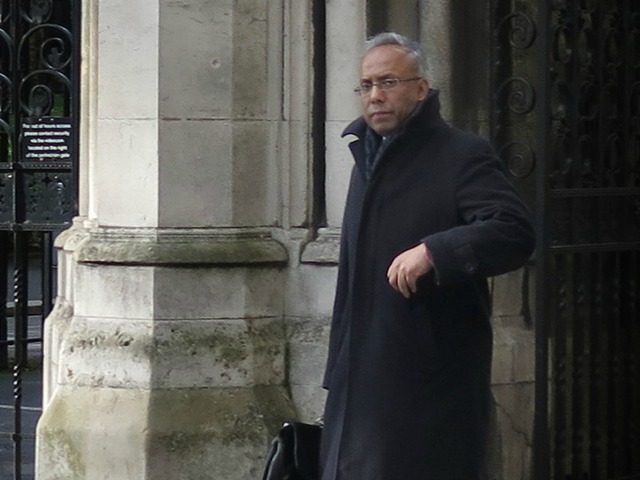Lutfur Rahman, the former mayor of Tower Hamlets, is seeking to overturn a court ruling banning him from running for office. Rahman was handed the ban in 2015 after being found to have used corrupt practices and “undue spiritual influence” to secure a second term.
Rahman is basing his case on Article 6 of the European Convention on Human Rights (ECHR), which stipulates the presumption of innocence until found guilty by a criminal court, The Guardian has reported.
In his case, he was handed a five-year ban from standing for office and ordered to pay £250,000 in costs in a special hearing at the High Court presided over by an election commissioner after four borough residents brought a petition against him. The police and Crown Prosecution Service, however, decided there was insufficient evidence to launch a criminal prosecution.
At the time the Rahman’s leadership of Tower Hamets had been described as a “dysfunctional mayoral administration” by a government minister and compared to gangsterism. The 2015 case led to Rahman being removed as mayor of Tower Hamlets after being found guilty of corruption, bribery and using “undue spiritual influence” over voters.
On Wednesday, Rahman filed an application for a judicial review at the Royal Courts of Justice, calling for either the electoral court ruling to be overturned, or a criminal trial to be held in front of a jury.
In both the election and the criminal courts, allegations must be proved “beyond reasonable doubt,” but Paul Bowen QC, Rahman’s lawyer, said: “The fact that the election court has found you guilty doesn’t have to mean you’re found guilty in the criminal court.”
He argued that someone cannot be said to have been found guilty of something by public officials unless this had been proven in a criminal court, but that the election court delivered its ruling “in terms that amount to a criminal offence”, adding that reporting on the case “read as if he has been convicted of a criminal offence”.
In March, Commander Stuart Cundy defended Scotland Yard against criticism by the London mayor’s police and crime committee over the decision not to prosecute, explaining to the committee that, unlike the electoral court, criminal courts could not take hearsay evidence into account.
Rahman is no stranger to legal proceedings. In 2010 he took legal action against the Labour Party to ensure that he appeared on the shortlist to be chosen as their candidate in the mayoral race. However, he was deselected as the Labour candidate after being accused of having links to an extremist Islamic organisation, and of signing up fake members to secure the selection.
After considering further legal action to be reinstated as the candidate, he opted instead to run as an independent, winning the election with 51 per cent of the vote.
His re-election in 2014 was declared void by the electoral court thanks to a range of electoral fraud practices, including voter intimidation, postal vote fraud, and electoral bribery using council grants. However, he avoided paying the £250,000 penalty by declaring himself bankrupt.

COMMENTS
Please let us know if you're having issues with commenting.